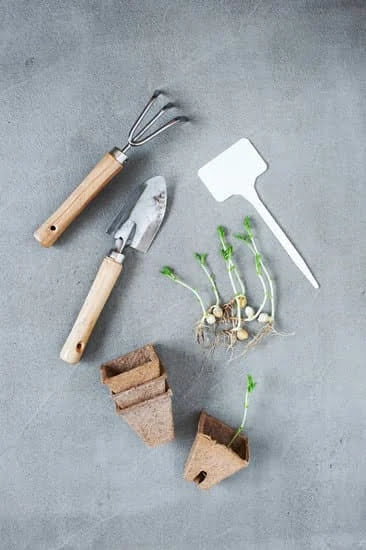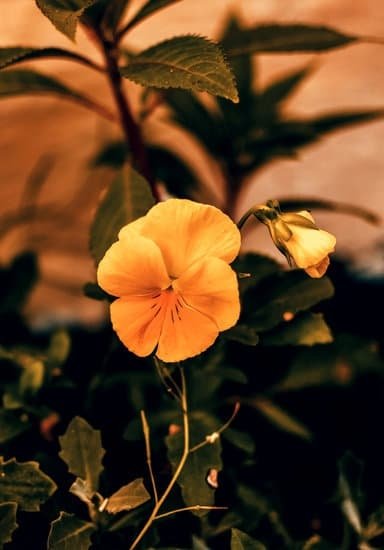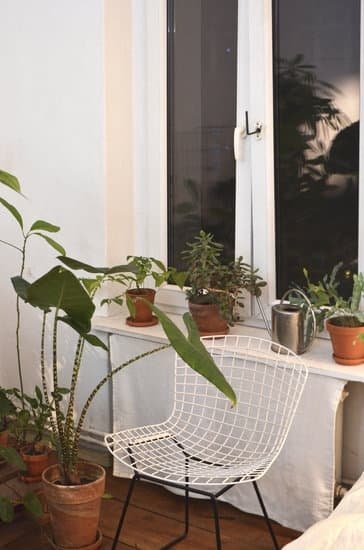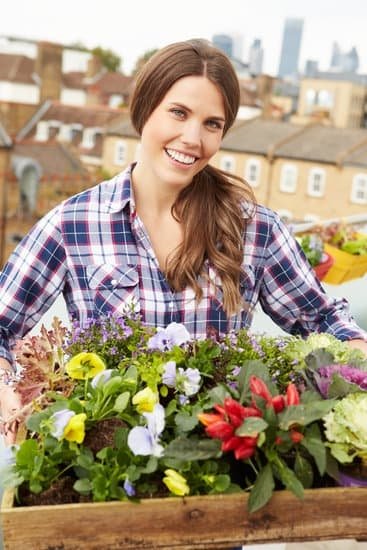Gardening Tips For Indoor Plants
When it comes to gardening, there’s no place like home. That’s especially true when it comes to indoor plants. While outdoor gardening can be a great way to get some exercise and fresh air, indoor gardening can be a great way to brighten up your home and add some greenery to your life.
But indoor gardening can also be a bit of a challenge. That’s especially true when it comes to keeping your plants healthy and thriving. But with a little bit of know-how, you can be on your way to a thriving indoor garden in no time.
Here are a few tips to get you started:
1. Choose the right plants. Not all plants are created equal when it comes to indoor gardening. Some plants are better suited for indoor environments than others. So before you start buying plants, do some research to find out which plants will work best in your home.
2. Choose the right location. Not all plants thrive in all locations. So be sure to choose a location for your plants that will be conducive to their growth. For example, plants that need lots of sunlight should be placed in a location where they will get plenty of direct sunlight.
3. water wisely. One of the biggest challenges with indoor gardening is making sure your plants get enough water. But you don’t want to water your plants too much, either. So be sure to water your plants wisely, using a watering can or garden hose with a gentle spray.
4. fertilize regularly. Another challenge with indoor gardening is making sure your plants get the right amount of nutrients. So be sure to fertilize your plants regularly using a good quality fertilizer.
5. pests and diseases. One of the risks of indoor gardening is that your plants can be susceptible to pests and diseases. So be on the lookout for any signs of pests or diseases, and take action immediately if you see any signs of trouble.
With a little bit of know-how and some good gardening tips, you can be on your way to a thriving indoor garden in no time.
Gardening Tips How To Divide Iris Plants Youtube
Iris plants are perennials that can be divided to create more plants. In late summer or early fall, dig up the entire plant and divide it into several sections using a sharp knife or spade. Each section should have at least one healthy rhizome with plenty of buds. Replant the divisions immediately and water them well.
Autumn Gardening Tips Plants
have different needs when it comes to the seasons, so it’s important to know what to do to keep them healthy and happy. Here are some tips to help you get your garden ready for autumn: – Make sure your plants have enough water. Autumn is a dry season, so plants will need more water to stay healthy. – Mulch your plants to keep them warm and protect them from the cold. – Add compost to your soil to help it retain moisture and nutrients. – Prune your plants to promote healthy growth. – Remove any dead plants or debris from your garden. – Be sure to cover your plants if there is a frost forecast.
Gardening Tips Companion Planting
Companion planting is a great way to improve the health and vitality of your garden plants. By planting compatible plants together, you can create a natural system that helps to fight pests and disease, and provides a more balanced and fertile environment for all plants in the garden.
Some plants just naturally work well together, while others can be deliberately paired to create a specific effect. For example, planting garlic near roses can help to deter aphids, while planting tomatoes near basil will help to repel pests like whiteflies.
Here are a few general tips for companion planting:
1. Try to group plants with similar needs together. For example, plants that need lots of sun should be grouped together, while plants that prefer shady areas should be planted separately.
2. Plant taller plants towards the back of the garden, and shorter plants towards the front. This will help to create a more balanced look and make it easier to access the plants at the back of the garden.
3. When planting, think about how the plants will interact with each other. For example, if you are planting a tall plant next to a small one, the tall plant may overshadow the small one and stunt its growth.
4. Be aware of the types of pests and diseases that each plant is susceptible to, and plant accordingly. For example, if you have a problem with aphids, plant garlic near your roses to help deter them.
5. Experiment! There is no one “right” way to companion plant, so feel free to try different combinations to see what works best for your garden.
Potted Plants Gardening Tips
When it comes to gardening, potted plants can be a great way to get started. They’re easy to manage and you can move them around to get the most sun or to avoid pests. Here are a few tips for keeping your potted plants healthy and happy.
Watering
One of the most important things to remember about watering potted plants is that they need more water than plants in the ground. This is because the soil in a pot dries out more quickly than soil in the ground. Check the soil moisture regularly and water when it feels dry to the touch.
Fertilizing
Another important part of taking care of potted plants is fertilizing them. You can either use a water-soluble fertilizer or a slow-release fertilizer. Be sure to follow the instructions on the package, and don’t overfertilize, as this can be harmful to plants.
Pest Control
Pests can be a problem for potted plants, especially if you keep them indoors. Aphids, spider mites, and whiteflies are some of the most common pests. To control pests, you can use organic or chemical pesticides. Be sure to read the label carefully and follow the instructions.
Sunlight
Potted plants need sunlight to grow and thrive. However, not all plants need the same amount of sunlight. Some plants, such as ferns, thrive in shaded areas, while other plants, such as tomatoes, need lots of sun. Be sure to place your potted plants in a location where they will get the amount of sunlight they need.

Welcome to my gardening blog! I am passionate about plants and enjoy sharing my knowledge and experiences with others. In this blog, I will write about everything related to gardening, from tips on how to get started to updates on my own garden projects.





